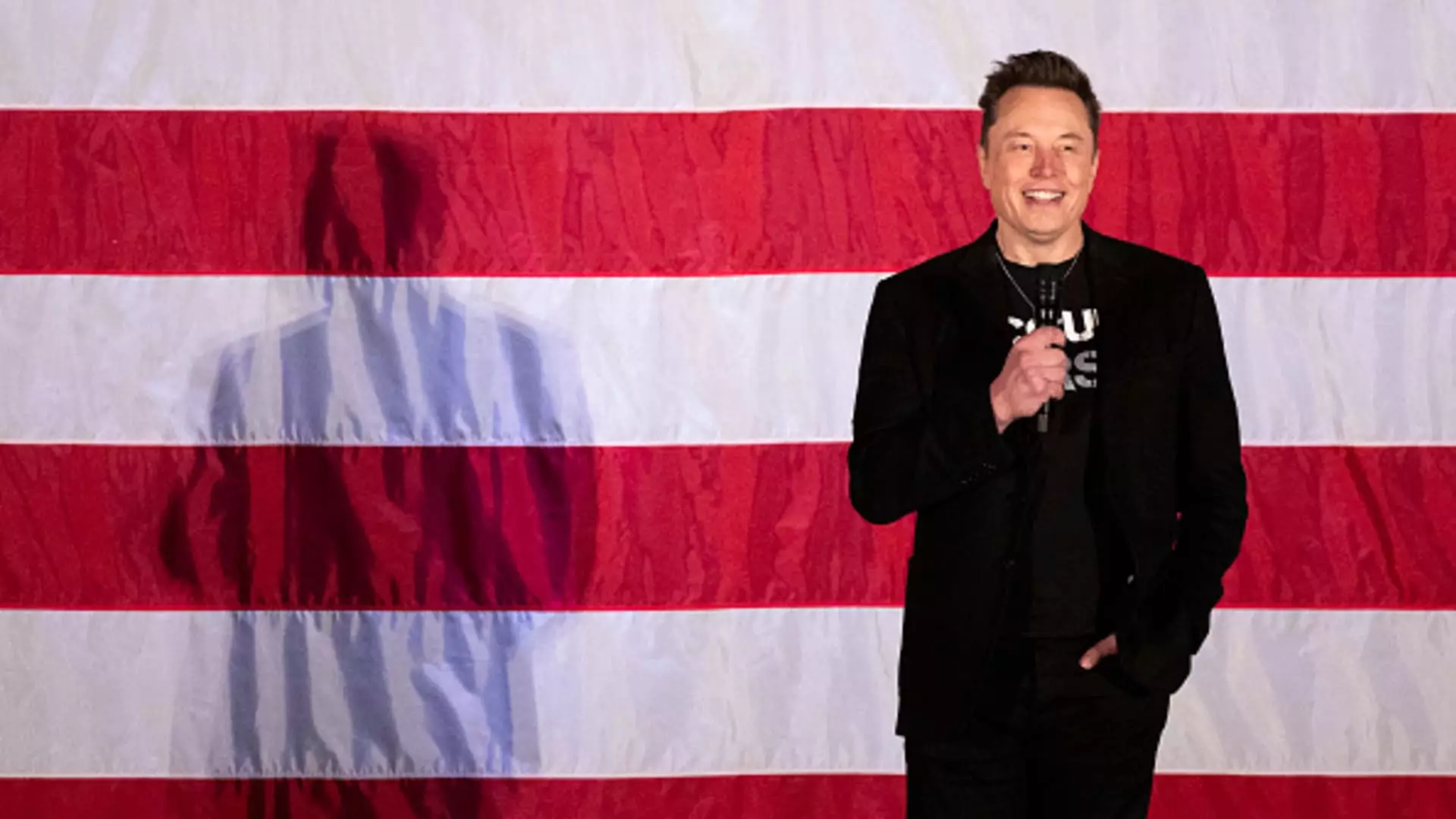In a striking legal move, the Philadelphia District Attorney’s Office has initiated a lawsuit aimed at halting a controversial $1 million giveaway by Elon Musk’s political action committee, America PAC. Filed by District Attorney Larry Krasner, this legal action accuses Musk and his organization of orchestrating what is essentially an illegal lottery. The timing of the lawsuit is significant, as it coincides with the critical lead-up to the presidential election, where voter influence is a hot topic.
This lawsuit is not merely a local legal issue. It has wider implications, especially given that it targets one of the most influential figures in the tech industry who has also been vocal about his political preferences. Musk’s involvement in the race, specifically his endorsement of Republican nominee Donald Trump against Democratic nominee Kamala Harris, adds an interesting dynamic, highlighting the role of money and influence in modern electoral politics.
Allegations of Voter Manipulation
The core of Krasner’s argument lies in the premise that Musk’s initiative constitutes an illegal lottery, as defined under Pennsylvania law. The lawsuit outlines that Musk’s procedure for entry into the sweepstakes—requiring participants to submit their personal information and sign a petition pledging their support for constitutional values—creates a troubling environment for potential voters. According to the suit, this mechanism not only lures citizens into divulging sensitive information but also encroaches upon the integrity of the electoral process itself.
The legal document asserts, “America PAC and Elon Musk are lulling Philadelphia citizens… to give up their personal identifying information and make a political pledge.” The significant implications here are twofold: first, it suggests a manipulative tactic aimed at influencing political perspectives and electorate behavior, and second, it raises serious questions about the protective measures that should be in place to safeguard voter information and maintain the sanctity of democratic engagement.
Krasner contends that Musk’s operation not only violates state laws regulating lotteries but also infringes upon Pennsylvania consumer protection laws due to its allegedly misleading nature. The lawsuit emphasizes that lotteries must be overseen by appropriate state authorities, indicating that Musk’s $1 million sweepstakes bypasses necessary regulatory frameworks.
The ethical implications of this situation are profound. Given Musk’s status as a billionaire and public figure, the concern arises that such financial inducements could distort voter engagement. Critics may argue that using personal gain as leverage in political advocacy undermines the essence of democracy—where voters should remain motivated by ideology and policy rather than monetary reward.
Furthermore, past inquiries into America PAC’s practices, particularly in North Carolina and Michigan, reflect persistent concerns about the integrity of their operations. The PAC had previously drawn scrutiny for allegedly collecting personal information under the guise of facilitating voter registration—a tactic that not only raises legal questions but also fosters distrust among potential voters.
The political ramifications of Musk’s actions extend beyond the courtroom. President Joe Biden’s commentary on the situation reflects the larger national discourse surrounding election integrity and the influence of wealth in politics. His lighthearted suggestion to Musk that he is registered for the giveaway, followed by a more serious denunciation, underscores the tension between light banter and deep-seated concerns regarding election ethics.
As the situation develops, a preliminary injunction hearing is set for Friday morning in Philadelphia, a pivotal moment that could determine the future of Musk’s financial inducements within the political landscape. The outcome of this lawsuit may not only shape the trajectory of Musk’s involvement in the election but could also set legal precedents that govern the actions of political action committees moving forward.
This unfolding legal saga serves as a stark reflection of how modern political campaigns are increasingly intertwined with financial maneuvering and the ethical dilemmas that accompany such practices. As society grapples with the repercussions of influential figures wielding substantial economic clout over the electoral process, the outcomes of lawsuits like this one will likely reverberate throughout future elections, raising critical questions about the intersection of wealth, power, and democracy. The Philadelphia District Attorney’s lawsuit against Elon Musk’s America PAC is poised to become a landmark case in the ongoing dialogue about electoral integrity and the guidelines surrounding political influence.


Leave a Reply